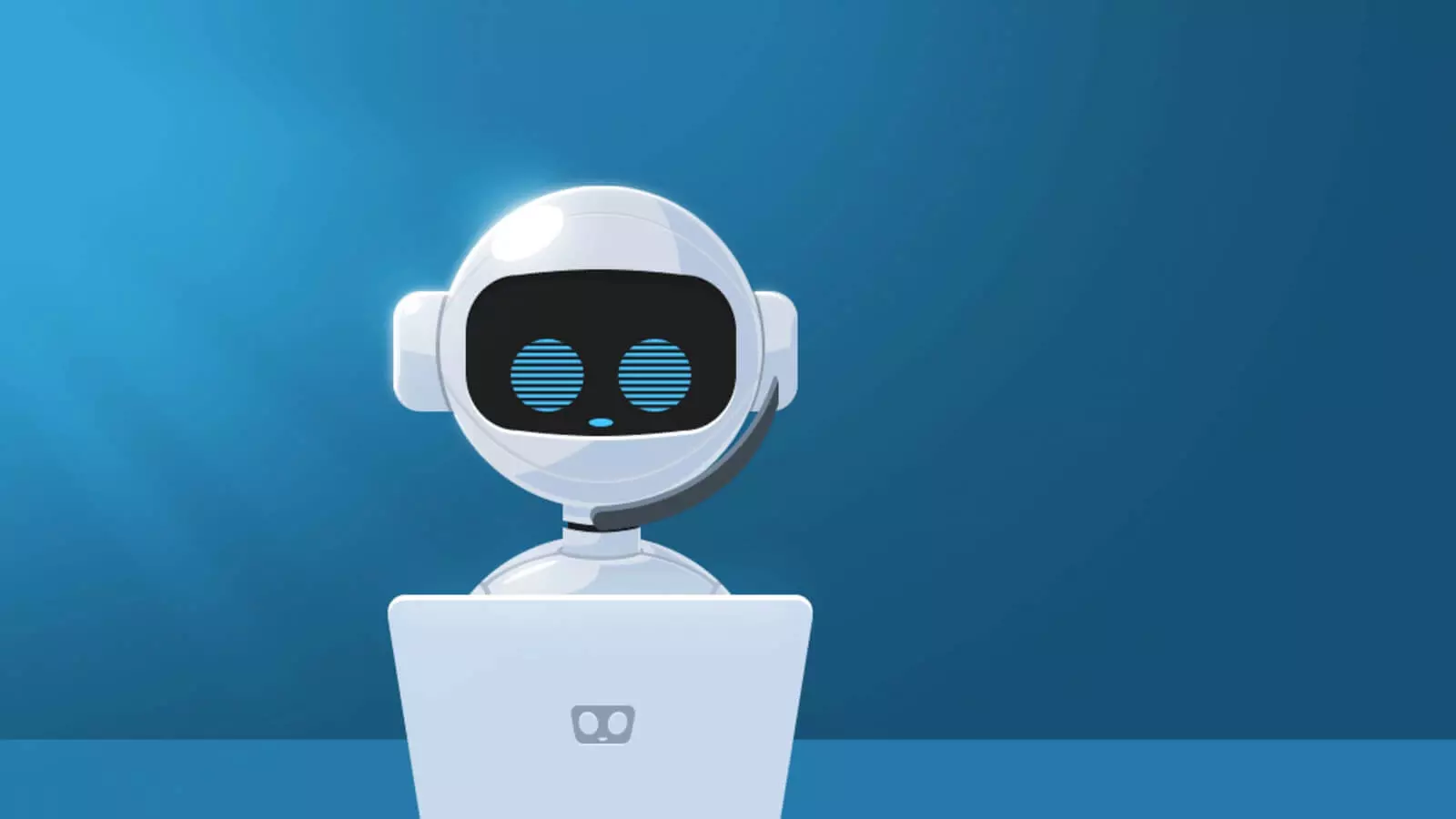Comments
- No comments found

Do chatbots really have emotions?
Welcome back to another edition of Inflexion Point. In this edition, we explore if Elon Musk has a strategy, why Google's AI chatbot seems sentient, whether morning routines kill creativity, how meditation can make you more creative, and the right age to launch a venture.
I hope you find these curated pieces insightful.

Many wonder if Musk, one of the most successful entrepreneurs of recent times, has a plan for his approach or is he just going about his fantasies. As it turns out, he has a method to madness. There are three themes that emerge from the analysis of Musk's companies - Tesla, SpaceX, Hyperloop, OpenAI, The Boring Company, and NeuraLink. Musk seeks problems that require navigating scale and overcoming complexity. He builds organizations on the logic of vertical integration and closed technology and has a tremendous ability to marshal resources as he owns personal stake in his ventures. (Source: HBR)
Blake Lemoine and his colleagues have been working for months on Google's LaMDA (Language Model for Dialogue Applications) and based on some of the dialogues with the machines Lemoine declared that the software program is sentient. This has reignited the debate about how to define consciousness, and if machines can have it? The phenomenon is another instance of human tendency toward animism: attributing a soul to the objects around us, especially those we are most fond of or that have a minimal ability to interact with the world around them. However, that may not mean that LaMDA is either sentient or conscious. And even if it were, isn't that what all the attempts in AI are towards?
Research is comprehensive in concluding that imaginative insights are most likely to come to us when we’re groggy and unfocused. Early morning rituals can suppress the 'more diffuse attentional focus' that often results in serendipitous connections leading to greater creativity. Further, the morning stress heightens cortisol thereby harming myelin, the fatty substance that coats our brain cells and this can slow down the speed with which signals are transmitted between neurons. Also, reading the newspaper in the morning may not be a great idea, as negative news can dampen both your emotions and creativity. (Source: Time)
A recent study indicates that meditation can have a long-lasting influence on human cognition, including how we conceive new ideas. Further, you don't need to be an experienced meditator to profit more from meditation. However, not all types of meditations have similar effects. For instance, Open Monitoring meditation, where you are receptive to every thought and sensation, results in better divergent thinking, whereas Focused Attention meditation, where you focus on a particular thought or object, improves convergent thinking, such as problem solving. (Source: Science Daily)
While the dominant belief is that 20s is the best age to start off, the research suggests that there are two peaks - 20s and 50s. While younger startup founders tend to be more tech savvy and less risk-averse, older startup founders benefit from greater experience, business skill, connections, and access to capital. The midlife often makes you risk averse and busy. Also, older female entrepreneurs tend to be significantly more successful at launching a company than younger ones. The grit may be a more defining feature than sheer intelligence. (Source: Inc.)
Dr. Pavan is an Innovation Evangelist by profession and a teacher by passion. He is the founder of Inflexion Point, a strategy and innovation consulting. Apart from being an Adjunct Faculty at IIM Bangalore, Pavan has consulted with leading organizations on innovation and creativity, including 3M, Amazon, BCG, Deloitte, Flipkart, Honeywell, and Samsung, amongst others. Pavan was the only Indian to be shortlisted for the prestigious 'FT & McKinsey Bracken Bower Award for the Best Business Book of the Year 2016'. He has also been invited four times to speak at the TEDx. For his work on innovation, Pavan bagged the prestigious ‘On the Job Achiever’ Award at Lakshya in 2007 at NITIE Mumbai. Pavan works closely with CII, Bangalore Chamber of Industry and Commerce, European Business Group, FICCI, Karnataka Knowledge Commission, NHRD, and World Trade Centre, towards shaping their innovation activities. Pavan is a mentor for NSRCEL at IIM Bangalore, Founder Institute, Institute of Product Leadership, Brainstars, Budli, HackerEarth, and UpGrad, and is on advisory board for VC firm- Utilis Capital. Pavan is also a columnist at YourStory, Entrepreneur India, Inc 42, and People Matters. He is a Gold Medalist from MBM Engineering College Jodhpur, and did his PGDIE from NITIE Mumbai. Pavan finished his Doctoral Studies from IIM Bangalore in the domain of innovation management. More on his work is available at www.PavanSoni.com.
Leave your comments
Post comment as a guest